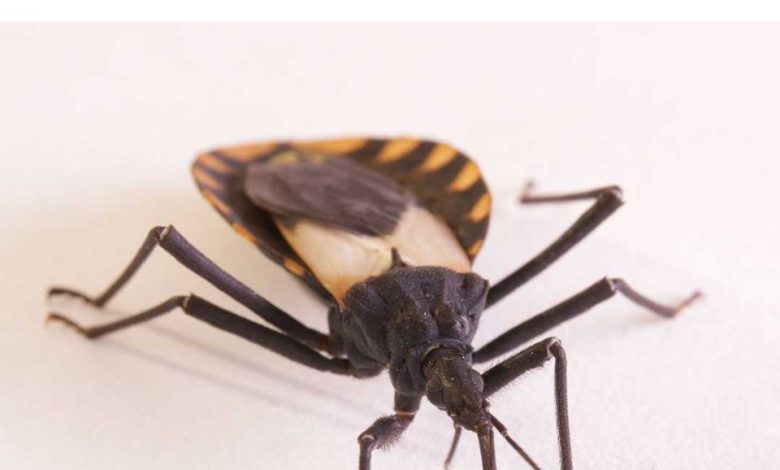
Just spotted one the other day in my house!
Autumn brings with it a host of seasonal delights, but it also introduces a less pleasant surprise: the assassin bug. These predatory insects, often found lurking in the shadows, can deliver a painful bite that can leave you wondering what just happened. Let’s delve into the world of assassin bugs and learn how to protect yourself from their sting.
Identifying the Enemy
Assassin bugs, members of the Reduviidae family, are known for their distinctive appearance and predatory nature. They are typically characterized by elongated heads, narrow necks, and a curved proboscis, which they use to pierce and suck the fluids of their prey. While they primarily feed on other insects, they can also bite humans, leading to discomfort and, in rare cases, serious health issues.
Common Habitats and Behaviors
Assassin bugs can be found in a variety of environments, from forests and fields to urban gardens. They are often discovered hiding under rocks, logs, and leaf litter, or even inside homes in cracks and crevices. Their presence is usually attributed to the availability of prey, as they feed on other insects like caterpillars, beetles, and other soft-bodied organisms.
The Painful Bite
An assassin bug bite can be quite unpleasant, feeling like a sharp, stabbing sensation. The area around the bite may become red, swollen, and itchy. In some cases, individuals may experience an allergic reaction, leading to more severe symptoms. It’s important to note that while most bites are harmless, there’s a risk of contracting Chagas disease, a parasitic illness transmitted by certain species of assassin bugs.
First Aid and When to Seek Medical Attention
If you’re unfortunate enough to be bitten by an assassin bug, here are the recommended steps:
- Clean the bite: Wash the area with soap and water to prevent infection.
- Apply a cold compress: This can help reduce swelling and numb the area.
- Take over-the-counter medication: Antihistamines can alleviate itching, while pain relievers like acetaminophen or ibuprofen can manage discomfort.
While most bites can be treated at home, it’s essential to seek medical attention if you experience severe allergic reactions, such as difficulty breathing, excessive swelling, dizziness, or a rapid heart rate. Additionally, if you suspect you may have been bitten by a Chagas bug, especially in regions where the disease is prevalent, consulting a healthcare provider is crucial.
Prevention is Key
To minimize the risk of assassin bug bites:
- Wear protective clothing: Long sleeves and pants can help deter bites.
- Use insect repellent: Apply repellent to exposed skin and clothing.
- Inspect your surroundings: Be cautious when handling firewood, rocks, or other materials where assassin bugs might hide.
- Seal your home: Repair cracks in walls, windows, and doors to prevent these bugs from entering.
Creating a Hostile Environment
Maintaining a clean and well-maintained home and garden can also help deter assassin bugs. Regularly clean potential hiding spots, both indoors and outdoors. Manage pest populations, as these bugs are attracted to areas with abundant prey. Install screens on windows and doors. And remember, a tidy garden with minimal clutter can make your property less appealing to these unwanted visitors.
By understanding the habits and behaviors of assassin bugs and taking proactive steps to prevent bites, you can enjoy the beauty of autumn without the added worry of these pesky insects.




